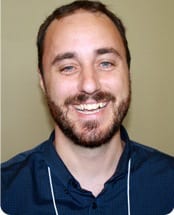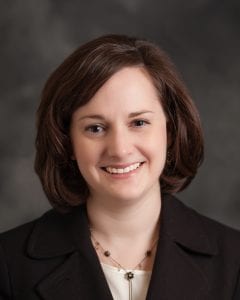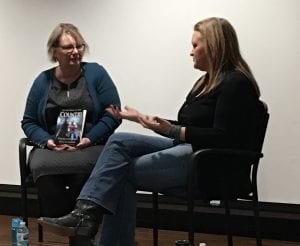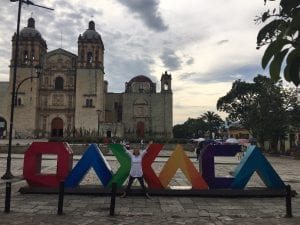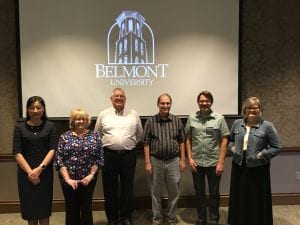Matthew Heard, Ph.D.
Assistant Professor of Biology
B.A., College Scholars (Emphasis in Ecology & French), University of Tennessee
Ph.D., Ecology and Evolutionary Biology, Brown University
Part of the reason that I decided to become a teacher was that every day is different. Despite teaching the same classes over and over again and covering the same topics I’m continually surprised about how working with different students can yield vastly different results. Talk about air pollution and how it relates to human health and someone has a story about a family member who was affected. Share the same facts with another class and on comes a debate about politics and how we make energy decisions as a country. Every day is exciting and brings me the joy of working with young minds that are eager to learn and grow.
Over this past year, I’ve been so impressed with the students I’ve encountered here at Belmont. But more than that I’ve been impressed with the community as a whole. This year has been a major transition as my wife and I had our first child and picked up and moved back to Nashville, our hometown. To say that it has been challenging and overwhelming doesn’t even come close to characterizing how tough the transition has been. But the truth is that every day has still been different and exciting and has kept me going. And the Belmont that I’ve encountered over this time period inspires me to be a better teacher and person. So thank you to everyone out there for making this a special place and I look forward to seeing what the future brings.
The First Year Faculty Thoughts series is a way for the Belmont University community to get to know new faculty members as they reflect on their journeys to Belmont.
